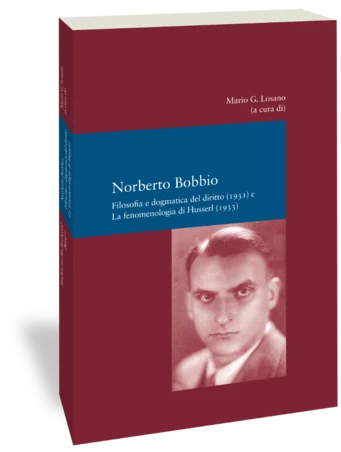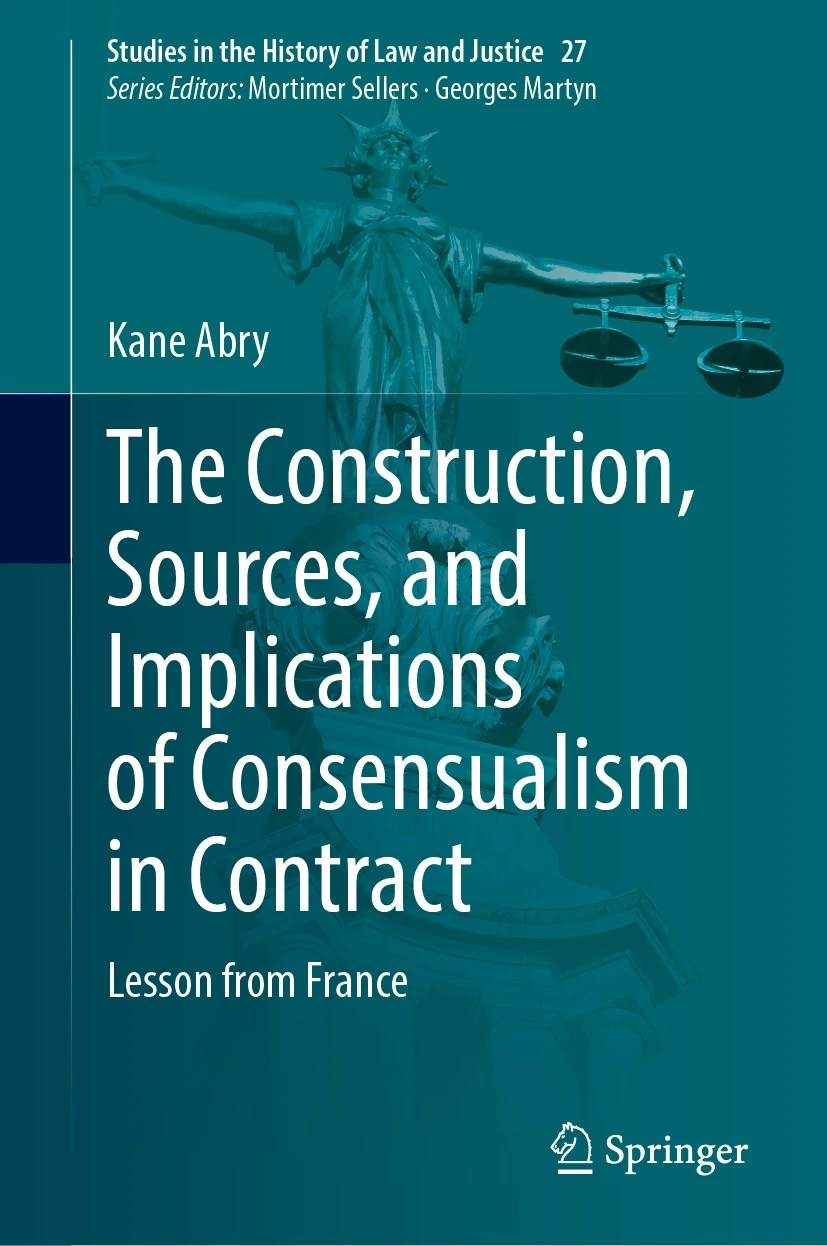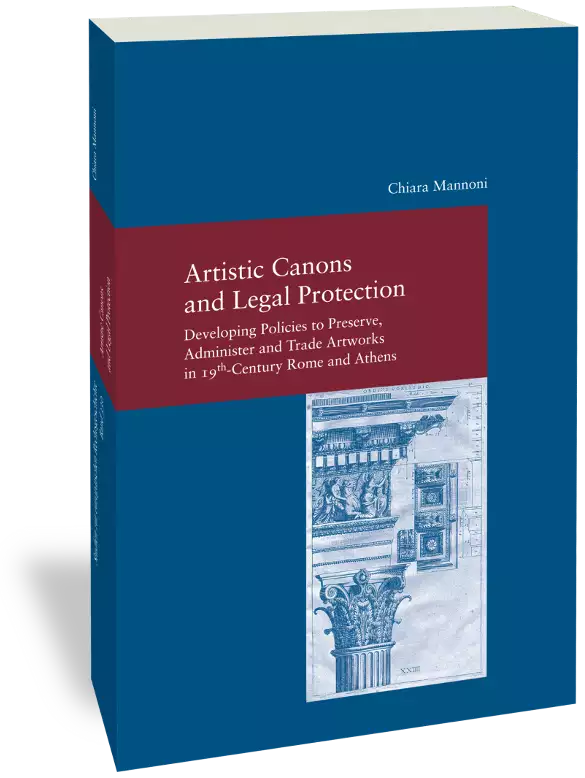(image source:
Wikimedia Commons)
Colloque co-organisé IRCL (Université Paul-Valéry Montpellier 3) – LARCA (Université Paris Cité)
Sous l’égide de la Société d’Études Anglo-Américaines des XVIIe et XVIIIe siècles (SEAA 17-18)
Conférence plénière de Geneviève Fraisse, philosophe et directrice de recherche émérite au CNRS
Date du colloque : 14 juin 2024
Lieu : Université Paul-Valéry Montpellier 3, salle des colloques 2, Site Saint Charles 1, Montpellier, France
« Because a blessing waits upon Obedience : / You might command me ‘gainst my Inclination, / But I am bless’d with such indifference, / That ’tis no trial of my Duty, Sir, / To give my free consent » déclare Emilia dans The Surprisal de Sir Robert Howard (1662). En annonçant consentir à la fois “librement” et par “devoir” à se soumettre à la volonté de son père, Emilia met en lumière une partie des tensions qui habitent la notion de consentir. Le consentement peut-il être donné librement s’il est réclamé par l’autorité du père ? Emilia consent-elle à la volonté de son père ou aux conséquences positives de l’obéissance filiale ? Et, dans le contexte de la Restauration, quelle place donner à une héroïne dramatique qui tiendrait tête à son père et refuserait de donner son consentement ?
Le consentement et le refus supposent tous les deux une agentivité, une autonomie, voire une liberté du sujet, tout en étant par définition des actions secondes, situées dans une perspective de réaction. Notion ambivalente, le consentement permet de légitimer un acte ou, par son absence, de le constituer potentiellement en crime. Consentir, refuser et céder sont des notions aux définitions distinctes, mais dont les expressions sont pourtant toujours susceptibles d’être confondues. Le consentement peut être de pure forme, voire contraint par les circonstances. Il peut évoluer, de l’adhésion au refus, et éventuellement à la rébellion, ou l’inverse. Le consentement peut être accordé à un moment donné, par un geste performatif comme la signature d’un contrat ou l’accord verbal, mais il peut également être tacite, considéré comme acquis tant qu’il n’est pas explicitement refusé. Ainsi s’articulent les paradoxes du consentement et du refus, actes à la fois personnels et relationnels, notions intimes d’affirmation d’une volonté propre, jamais détachées pourtant des rapports de pouvoir et de domination dans lesquels elles s’inscrivent.
Notre réflexion propose de se concentrer sur les îles britanniques et leurs colonies pendant le second dix-septième siècle. Des décentrements par l’analyse des îles britanniques vues d’ailleurs, en particulier de l’Europe, ou par des exemples étrangers qui viendraient en contrepoint des exemples britanniques, seront également les bienvenus. Héritière de deux décennies de débats fébriles et controverses quant aux notions d’allégeance et de légitimité, de pouvoir de droit et de pouvoir de fait, la période dite de la Restauration, de 1660 à la fin du règne d’Anne en 1714, est émaillée de bouleversements sociaux, religieux et politiques. Parmi ceux-ci figurent la restauration de la monarchie et de l’Eglise anglicane, la Crise d’Exclusion et la Glorieuse Révolution, qui peuvent être analysées comme autant de « crises du consentement ». Elles incluent des débats politiques et philosophiques sur la légitimité de la monarchie restaurée, modèle remis en question au fil des règnes de Charles II et Jacques II, puis rejeté à travers une révolution qui peut être lue comme une invasion étrangère paradoxalement consentie.
La sphère politique est loin d’être la seule à cristalliser des enjeux de consentement à la Restauration. La condition des non-conformistes et des dissidents, pris entre le conformisme imposé par le pouvoir et leurs convictions intimes, pose la question des différentes stratégies mises en place pour vivre une religion qui n’est pas la religion d’État. Entre refus net de se conformer, conversion et conformisme prétendu, la question religieuse articule différents modes et expressions de consentement et de refus qui interrogent les notions de tolérance et de liberté de conscience.
Les relations de genre voient également de nombreuses évolutions, les conditions du mariage et de la sexualité étant questionnées, notamment dans les arts. Le théâtre en particulier voit à la fois l’avènement des premières actrices et dramaturges professionnelles et l’apparition du rake sur la scène de la Restauration. Figure de séduction prédatrice, ce personnage devient par la suite un archétype culturel, dont la résonance dans la société du dix-septième siècle entraînera également sa remise en question par les générations d’auteurs suivantes.
Ce colloque propose de mettre en dialogue des perspectives littéraires, culturelles, historiques, philosophiques, médicales, juridiques et artistiques pour analyser et historiciser les mécanismes qui structurent les notions de consentir, refuser et céder et étudier leurs évolutions au fil de la période. Ce colloque a pour but à la fois d’analyser l’expression particulière de ces notions à la période de la Restauration, et de voir comment elles permettent de penser cette période. Enfin, ce projet vise à fonder un groupe d’étude interdisciplinaire sur la Restauration.
En plus des pistes déjà évoquées, les propositions pourront s’intéresser aux questions suivantes (liste non-exhaustive) :
- Métaphores du consentement et glissements métaphoriques qui permettent l’intersection de différents types de consentements (politique et sexuel notamment)
- Théories du contrat social et leur utilisation à la Restauration pour légitimer ou non un système / ordre politique
- Conséquences des actes de consentir, céder et refuser, ou de voir son consentement bafoué : notions de mémoire, de déni et de traumatisme
- Signes du consentement et du refus et leur interprétation dans les arts et les textes juridiques et médicaux
- Tensions génériques autour des notions de consentir, refuser et céder dans les arts (comique / tragique / tragicomique etc.)
Les propositions de communications (300-500 mots), accompagnées de bio-bibliographies sont à envoyer avant le 30 septembre 2023 à l’adresse : consentir.restauration@gmail.com
Comité scientifique :
Prof. Florence MARCH, IRCL, Université Paul-Valéry Montpellier 3
Prof. Frédéric OGÉE, LARCA, Université Paris Cité
Prof. Andrew HISCOCK, Bangor University
Prof. Luc BOROT, IRCL, Université Paul-Valéry Montpellier 3
Dr Clara MANCO, LARCA, Université Paris Cité
Alice MARION-FERRAND, IRCL, Université Paul-Valéry Montpellier 3
Sara LEUNER, LARCA, Université Paris Cité
Éléments bibliographiques :
BOWERS Toni, Force or Fraud; British seduction stories and the Problem of Resistance 1660-1760, Oxford, Oxford University Press, 2011.
CHAKRAVARTHY Urvashi, Fictions of Consent: Slavery, Servitude, and Free Service in Early Modern England,Philadelphia, University of Pennsylvania Press, 2022.
CHUA Brandon, Ravishment of Reason: Governance and the Heroic Idioms of the Late Stuart Stage, 1660-1690, Cranbury, Rowman & Littlefield, 2014.
FRAISSE Geneviève, Du Consentement, Paris, Points, 2022.
GARCIA Manon, MAZALEIGUE-LABASTE Julie et MORNINGTON Alicia-Dorothy dir., Envers et revers du consentement, Paris, Mare & Martin, 2023.
HOLMES WILLIAMSON Margaret, Powhatan Lords of Life and Death: Command and Consent in Seventeenth-Century Virginia, Lincoln, University of Nebraska Press, 2003.
KAHN Victoria, Wayward Contracts: The Crisis of Political Obligation in England 1640-1674, Princeton, Princeton University Press, 2004.
LEMMINGS David, Law and Government in England during the Long Eighteenth Century: from Consent to Command, Basingstoke, Palgrave Macmillan, 2015.
MARSDEN Jean I., “Rape, Voyeurism, and the Restoration Stage”, dans Katherine M. QUINSEY dir., Broken Boundaries: Women and Feminism in Restoration Drama, Lexington, University Press of Kentucky, 1996.
REID Jasper William, ‘The Common Consent Argument from Herbert to Hume’, Journal of the History of Philosophy, 53.3, 2015, pp. 401–33.
RUDOLPH Julia, “Rape and Resistance: Women and Consent in Seventeenth-Century English Legal and Political Thought,” Journal of British Studies, 39.2, 2000, pp.157–84.
TAMAS Jennifer, Au Non des femmes, Paris, Seuil, 2023.
VIALA Alain, La France galante : Essai historique sur une catégorie culturelle, de ses origines jusqu’à la Révolution, Paris, Presses Universitaires de France, 2008.
WALKER Garthine, “Rape, Acquittal and Culpability in Popular Crime Reports in England, c.1670–c.1750”, Past & Present, 220.1, 2013, pp. 115–142
(source: AHMUF)













.jpg)


